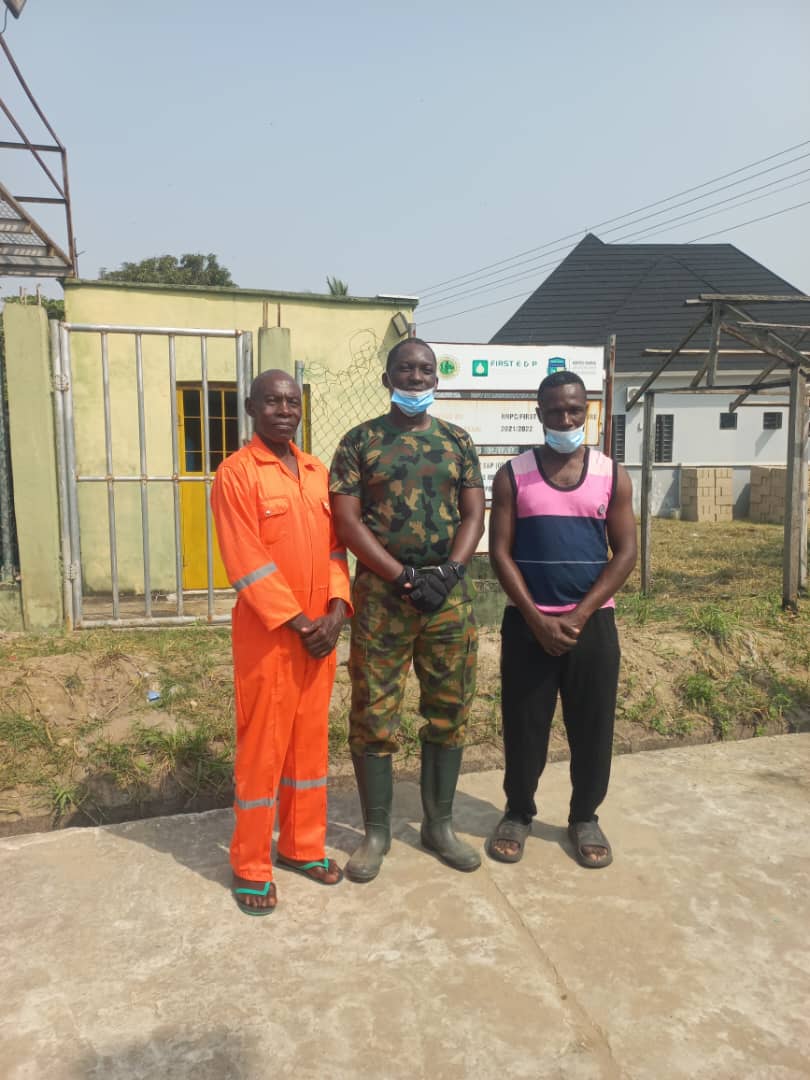The Pharmacy Council of Nigeria (PCN) has sealed a total of 618 premises in Rivers and Bayelsa States for various regulatory offences, including illegal operations and unauthorised access to controlled medicines.
Addressing the media in Port Harcourt on Thursday, the PCN Head of Enforcement, Dr. Suleiman Chiroma, said the week-long enforcement operation led to the closure of 178 pharmacies, 123 patent medicine shops, and 317 illegal shops. Additionally, nine premises were issued compliance directives, and five individuals were arrested for violating the PCN’s seal.
“The pharmaceutical landscape in Nigeria has been plagued by chaotic drug distribution and the handling of medicines by unauthorised persons,” Chiroma stated.
The enforcement exercise spanned Port Harcourt, Obio-Akpor, Ikwerre, and Etche LGAs in Rivers State, and Yenagoa and Southern Ijaw LGAs in Bayelsa State. In total, 867 premises were visited: 344 pharmacies and 523 patent medicine stores.
Chiroma explained that the PCN’s action aligns with its legal mandate under the Establishment Act No. 31 of 2022, which empowers the Council to regulate and control the education, training, and practice of pharmacy in Nigeria.
He cited the National Drug Distribution Guidelines as a key instrument in ensuring public access to safe and effective medicines.
Some of the infractions observed during the raids included operation of illegal premises, failure to renew premises registration, unauthorized clinical practices, unlawful access to controlled substances, overstocking of drugs beyond approved limits, retailing from wholesale premises, and use of unqualified apprentices.
“In Rivers State, a disturbing trend emerged, non-pharmacist staff had unfettered access to poison cupboards in pharmacies, leading to a high risk of misuse and diversion,” Chiroma warned.
He also noted that some operators had made partial payments for registration without completing the process, yet falsely claimed to be registered.
Chiroma urged residents of both states to remain vigilant about where they access medicines and report suspicious outlets to the PCN. He advised the public to identify licensed pharmacies and patent medicine vendors (PPMVs) by checking for conspicuously displayed valid licenses.
On the five suspects arrested, Chiroma said they had been handed over to law enforcement for prosecution.
“It is not enough to obtain a license; continued compliance with ethical and regulatory standards is essential to safeguard public health and maintain the Council’s credibility,” he stressed.
The PCN reiterated its commitment to purging the pharmaceutical sector of quackery and illegal practices, emphasising that future enforcement actions would be extended to other states as part of a nationwide clean-up initiative.



